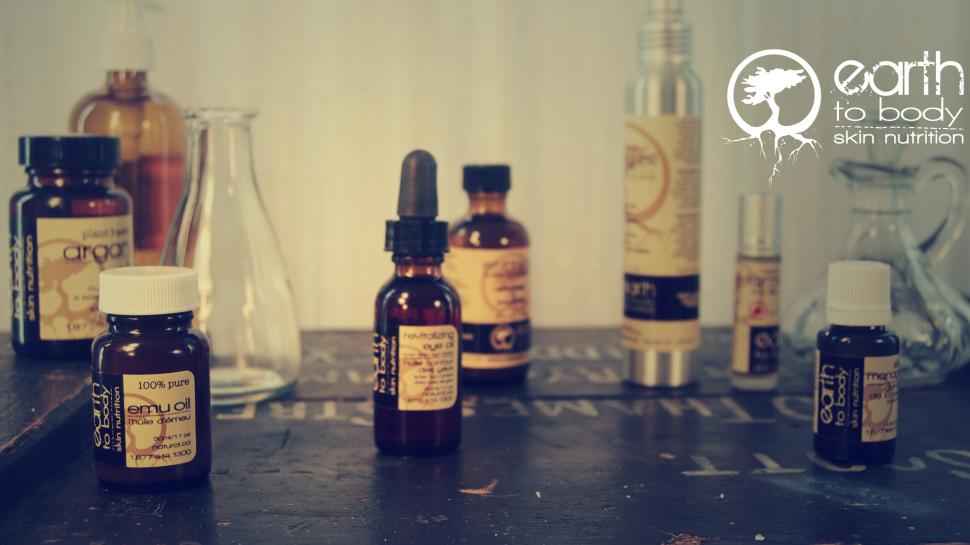Livraison gratuite pour les commandes de plus de 200$* au Canada
Commandes EN LIGNE vers les États-Unis temporairement suspendues. CONTACTEZ-NOUS.

Salmon, kale, eggs, tuna. All high in Retinol. Cheese. Liver, Cod, Squash. All high in retinol. Aka Vitamin A, an essential. When consuming fatty acids, we also consume the fat-soluble vitamins, like retinol. Our skin needs it. Today, with Covid precautions that dictate recommended products on the skin, we need all the help we can get.
Since time began, oils containing natural retinol, have been rubbed into the skin to help soothe, moisturize and heal. Africans apply shea butter. Islanders: coconut. Inuit: whale fat, bear grease. Mediterranean’s love olive oil. Moroccans, argan. Australians, emu.
It is agreed by many professionals that retinol can help the skin against aging, internal and external. However, without strict rules and regulations, cosmetic companies often lead us on a risky journey. The synthetic Retinol additions, may be one bump on the road we can choose to avoid.
At one time, the stronger version of topical retinoid products always required a prescription, but, today, there are over-the-counter weaker version retinols.
Advocates will tell you to use retinoid skin products to reduce fine lines, boost collagen, unclog pores, promote elasticity, treat acne, decrease hyperpigmentation and promote overall healthier skin in as little as 4 weeks. It could take up to 3 months if you are using a product with a lower retinol dosage.
You might read that consuming too much retinol can be dangerous and therefore, if you want healthy skin, to use a retinol cream instead. Are they actually suggesting we reduce our Vitamin A food intake and instead, get our needed Vitamin A from a retinol cream?
It may be true that too much of anything can be dangerous. Unless you are an artic explorer forced to overconsume polar bear liver, you are in little danger of getting hypervitaminosis A.
A varied and healthy dietwill allot the proper amount of A. Most people do not even get enough in today’s world of over over-processed foods. As for wearing retinol on the skin, YES, it is a good idea, but choose natural oil sources, not the synthetic version.
The side effects of the retinol in cosmetics may include; dryness, burning, itching, redness, irritation, flaking and peeling, skin cancer and sun sensitivity. To avoid this last side effect, the manufacturer might suggest that you wear retinol only at night and make sure your sunscreen has an added SPF over 30. Or better, buy their retinol product with an SPF factor already installed and wear it whenever needed. Is that not an oxymoron?
We suggest natural retinol is the best nourishment for healthy skin, to be worn anytime! Unrefined Emu oil. Pure Argan oil. Sheamu butter. Shargan butter. Revitalizing Eye Oil. Spoil Me Body Oil. Olive or Coconut.
Thank you, Nature, once again, for providing us with the real thing.